(Note: Students are required to have the ability of reading, writing and communicating in Japanese.)
In this course, students will consider the meaning and significance of “becoming an engineer” to understand that engineers have the social and ethical responsibility to support society, that is, to take care of people's lives. Upon completing this course, students will acquire the necessary knowledge and skills to fulfill such responsibility as a professional engineer.
In this course, students will consider the meaning and significance of “becoming an engineer” to understand that engineers have the social and ethical responsibility to support society, that is, to take care of people's lives. Upon completing this course, students will acquire the necessary knowledge and skills to fulfill such responsibility as a professional engineer.
Today’s engineers have the responsibility to support society. It is an ethical responsibility to take charge of the lives
of the people of society (the public). As engineers are professionals, they cannot avoid such responsibility. Therefore, engineers
are required to establish an attitude to actively take on such responsibilities. In this course, students will deepen their
understanding that they should actively assume such social and ethical responsibilities through consideration of the meaning
and significance of “becoming an engineer.” To fulfill the responsibilities assigned to them well, engineers are required
to make ethical judgments based on the important values emphasized in their engineering activities to “design their conducts.”
Students will learn and acquire what is necessary for making ethically proper decisions as “skills to design own conducts
as a professional engineer”.
| Goals and objectives | Course Outcomes | |
|---|---|---|
| 1. | Comprehend and explain the meaning and significance of "becoming an engineer" in today's globalizing society. |
3. ,
5.
|
| 2. | Comprehend and explain social and ethical responsibilities that engineers should fulfill from historical and social viewpoints. |
3. ,
5.
|
| 3. | Comprehend and explain the four levels of engineering ethics (meta, macro, mezzo and micro) in connection with core values such as safety. |
3. ,
5.
|
| 4. | Not only comprehend the Seven-step Guide as a "tool for engineers to design their conducts," but also apply it to actual cases. |
3. ,
5.
|
| 5. | Comprehend the LOs of this course to evaluate your achievements. |
3. ,
5.
|
| Discussion Sheet | Mini Quiz | Total. | |
|---|---|---|---|
| 1. | 5% | 15% | 20% |
| 2. | 5% | 15% | 20% |
| 3. | 5% | 15% | 20% |
| 4. | 5% | 15% | 20% |
| 5. | 5% | 15% | 20% |
| Total. | 25% | 75% | - |
| Class schedule | HW assignments (Including preparation and review of the class.) | Amount of Time Required | |
|---|---|---|---|
| 1. | Introduction (#1-2): Becoming an Engineer - Objectives of this course, contents, assignments, grading policy, etc. - Meaning of taking this course In-class Assignment: Discussion Sheet 1 (submit at the end of the class) |
Assignment: Mini Quiz 1 | 30分 |
| Review / Prep for the next class: Read the syllabus; Read "Introduction" (pp. 3-6) and Ch. 1 (pp. 15-26) of the textbook. | 160分 | ||
| 2. | - To become an engineer - Misconducts and ethics - The light and shadow of science and technology In-class Assignment: Discussion Sheet 2 (submit at the end of the class) |
Assignment: Mini Quiz 2 | 30分 |
| Review: Read Ch. 5 and Ch. 6 (pp. 103-138) of the textbook. | 60分 | ||
| Prep for the next class: Read Ch. 2 (to 2.2) (pp. 29-41) of the textbook. | 100分 | ||
| 3. | How to Act as an Engineer (#3-6): Engineering Ethics as "Design of Conduct" (the Micro-level of Engineering Ethics) - Case study In-class Assignment: Discussion Sheet 3 (submit at the end of the class) |
Assignment: Mini Quiz 3 | 30分 |
| Review: Deepen consideration on the case reviewed in the class. | 60分 | ||
| Prep for the next class: Read Ch. 2 (from 2.3) (pp. 42-56) of the textbook. | 100分 | ||
| 4. | - Terms and ideas that are necessary for ethical considerations and decision-making - The Seven-step Guide to ethical decision making In-class Assignment: Discussion Sheet 4 (submit at the end of the class) |
Assignment: Mini Quiz 4 | 30分 |
| Review: Deepen consideration on discussions in classes #3-4. | 110分 | ||
| Prep for the next class: Briefly understand the case that is discussed in the next class. | 50分 | ||
| 5. | - Case-method exercise In-class Assignment: Discussion Sheet 5 (submit at the end of the class) |
Assignment: Mini Quiz 5 | 30分 |
| Review / Prep for the next class: Deepen consideration on discussion in the class. | 160分 | ||
| ・教科書『はじめての工学倫理』「知的財産権について知るべきこと」(pp.158-165) ・同「倫理綱領について知るべきこと」(pp.182-189) |
60分 | ||
| 6. | - Case-method exercise In-class Assignment: Discussion Sheet 6 (submit at the end of the class) |
Assignment: Mini Quiz 6 | 30分 |
| Review: Deepen consideration on discussion in the class. | 70分 | ||
| Prep for the next class: Read Ch. 3 (pp. 59-80) of the textbook. | 90分 | ||
| 7. | Engineers in Organizations (#7-8): Corporate Ethics as the Mezzo-level of Engineering Ethics - Codes of conducts In-class Assignment: Discussion Sheet 7 (submit at the end of the class) |
Assignment: Mini Quiz 7 | 30分 |
| Review: Deepen consideration on codes of conduct. | 70分 | ||
| Prep for the next class: Read Ch. 4 (pp. 83-101) of the textbook. | 90分 | ||
| 8. | - The Necessity of establishing corporate ethics programs to share values - Case study on good examples In-class Assignment: Discussion Sheet 8 (submit at the end of the class) |
Assignment: Mini Quiz 8 | 30分 |
| Review: Deepen consideration on discussions in classes #7-8. | 70分 | ||
| Prep for the next class: Consider the factors on the globalization of society, and the social and individual influences of globalization. | 90分 | ||
| 9. | Engineers in a Globalizing Society: - Light and shadow of the globalization In-class Assignment: Discussion Sheet 9 (submit at the end of the class) |
Assignment: Mini Quiz 9 | 30分 |
| Review: Deepen consideration on the globalization of society. | 70分 | ||
| Prep for the next class: Consider the impact on environment by human beings. | 90分 | ||
| 10. | To Tackle Social Issues (#10-12): Environmental, Information, and Bio-ethics as the Macro-level of Engineering Ethics - Environmental issues In-class Assignment: Discussion Sheet 10 (submit at the end of the class) |
Assignment: Mini Quiz 10 | 30分 |
| Review: Deepen consideration on environmental issues. | 70分 | ||
| Prep for the next class: Consider the impact of the informatization of society to our daily life. | 90分 | ||
| 11. | - Issues related to the informatization of society In-class Assignment: Discussion Sheet 11 (submit at the end of the class) |
Assignment: Mini Quiz 11 | 30分 |
| Review: Deepen consideration on issues caused by the informatization of society. | 70分 | ||
| Prep for the next class: Consider the impact of the advancement of life sciences to society. | 90分 | ||
| 12. | - Issues related to bioscience In-class Assignment: Discussion Sheet 12 (submit at the end of the class) |
Assignment: Mini Quiz 12 | 30分 |
| Review: Deepen consideration on issues caused by the advancement of life sciences; Integrate the discussions in classes #10-12 | 120分 | ||
| Prep for the next class: Read "Column" (p. 57) and "Concluding Remarks" (pp. 139-143) of the textbook. | 40分 | ||
| 13. | Conclusion (#13-14): Engineers in and for Society - Contribution to solve social issues: Design Thinking and engineering ethics - Improving the wellbeing: Engineering ethics for the harmonious society In-class Assignment: Discussion Sheet 13 (submit at the end of the class) |
Assignment: Mini Quiz 13 | 60分 |
| Review / Prep for the next class: Integrate the discussions in classes #1-13. | 130分 | ||
| 14. | - What is required for engineers in today's society (what is learned from this course) In-class Assignment: Discussion Sheet 14 (submit at the end of the class) |
Assignment: Mini Quiz 14 | 60分 |
| Review: Self-review from the 5 objectives of this course. | 130分 | ||
| Total. | - | - | 2720分 |
In each class, students are required to conduct a group discussion, which will be summarized on a Discussion Sheet to be submitted
at the end of each class. After each class, students are required to answer to a Mini Quiz to assess their understanding of
each class. Both assignments are essay-based.
Note that the objective of this course is not to merely understand the course content in terms of knowledge but to deepen students' consideration. Therefore, the evaluation will be based on how deep students can consider about the course content. Consequently, the evaluation criteria are whether or not students have written a substantial argument. If a student is able to write sufficiently about his/her own ideas based on the course contents, both in terms of quality and quantity, he/she can expect to receive a grade of 60 or higher.
Also note that no credits will be given for those who attend classes less than 2/3.
Note that the objective of this course is not to merely understand the course content in terms of knowledge but to deepen students' consideration. Therefore, the evaluation will be based on how deep students can consider about the course content. Consequently, the evaluation criteria are whether or not students have written a substantial argument. If a student is able to write sufficiently about his/her own ideas based on the course contents, both in terms of quality and quantity, he/she can expect to receive a grade of 60 or higher.
Also note that no credits will be given for those who attend classes less than 2/3.
| ways of feedback | specific contents about "Other" |
|---|---|
| The Others | 授業内および/または授業外(ScombZ・メール等)でフィードバックを行う.担当教員の説明をよく聴くこと. |
Textbook:
Applied Ethics Center for Engineering and Science, ed.: Science and Engineering Ethics For Grasping the True Nature of Matter and Designing Your Conduct, Hakuto-shobo Publishing Co., 2017. (in Japanese)
Reference:
Michael Davis: Ethics and the University, Routledge, 1999.
Caroline Whitbeck: Ethics in Engineering Practice and Research, Cambridge University Press, 1998.
Web:
Online Ethics Center for Engineering and Science https://onlineethics.org/
Applied Ethics Center for Engineering and Science, ed.: Science and Engineering Ethics For Grasping the True Nature of Matter and Designing Your Conduct, Hakuto-shobo Publishing Co., 2017. (in Japanese)
Reference:
Michael Davis: Ethics and the University, Routledge, 1999.
Caroline Whitbeck: Ethics in Engineering Practice and Research, Cambridge University Press, 1998.
Web:
Online Ethics Center for Engineering and Science https://onlineethics.org/
- Read articles about engineering ethics on the media and on SNS to be up-to-date with such topics.
- Prepare devices such as laptop PCs to be able to connect the Internet (to be accessible to ScombZ). Using smartphones only is not recommended.
- Prepare devices such as laptop PCs to be able to connect the Internet (to be accessible to ScombZ). Using smartphones only is not recommended.
- (Omiya Campus) Before and after the class or at office (4508-3 in Bldg. 4).
(Toyosu Campus) Before and after the class (Lecturer Room is 04M31 in Rsch. Bldg.)
- Course that cultivates an ability for utilizing knowledge
- Course that cultivates a basic interpersonal skills
- Course that cultivates a basic self-management skills
- Course that cultivates a basic problem-solving skills
| Work experience | Work experience and relevance to the course content if applicable |
|---|---|
| N/A | N/A |
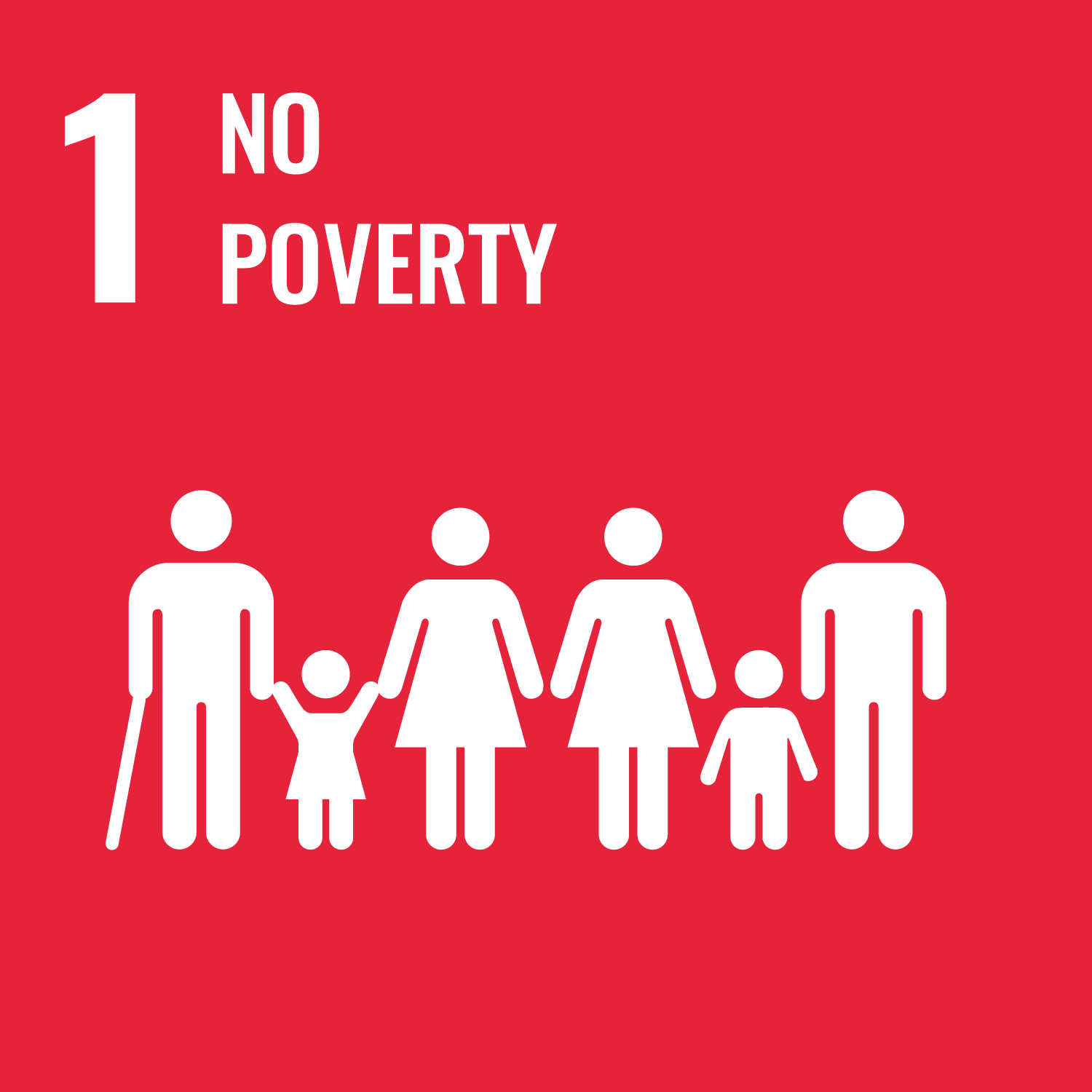



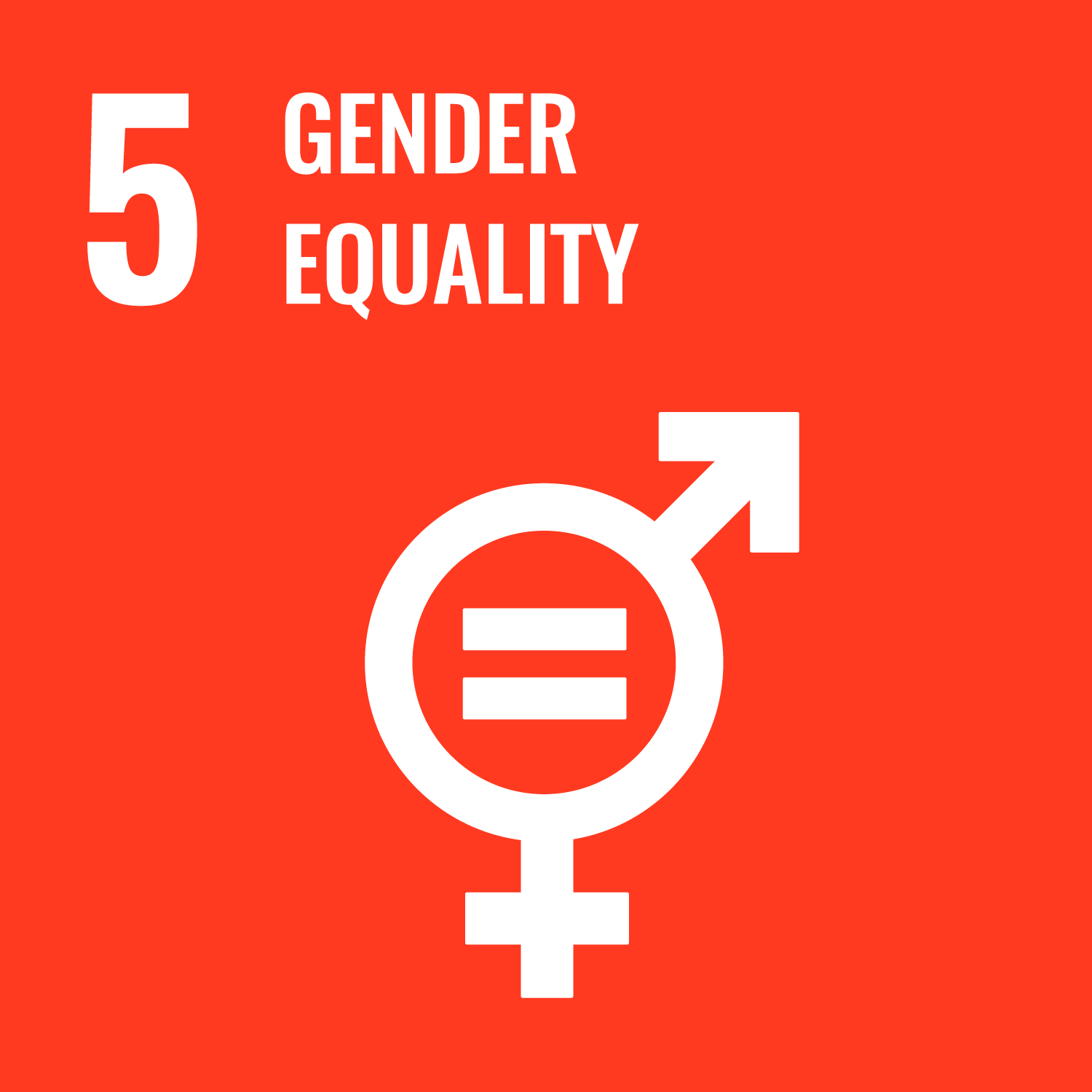
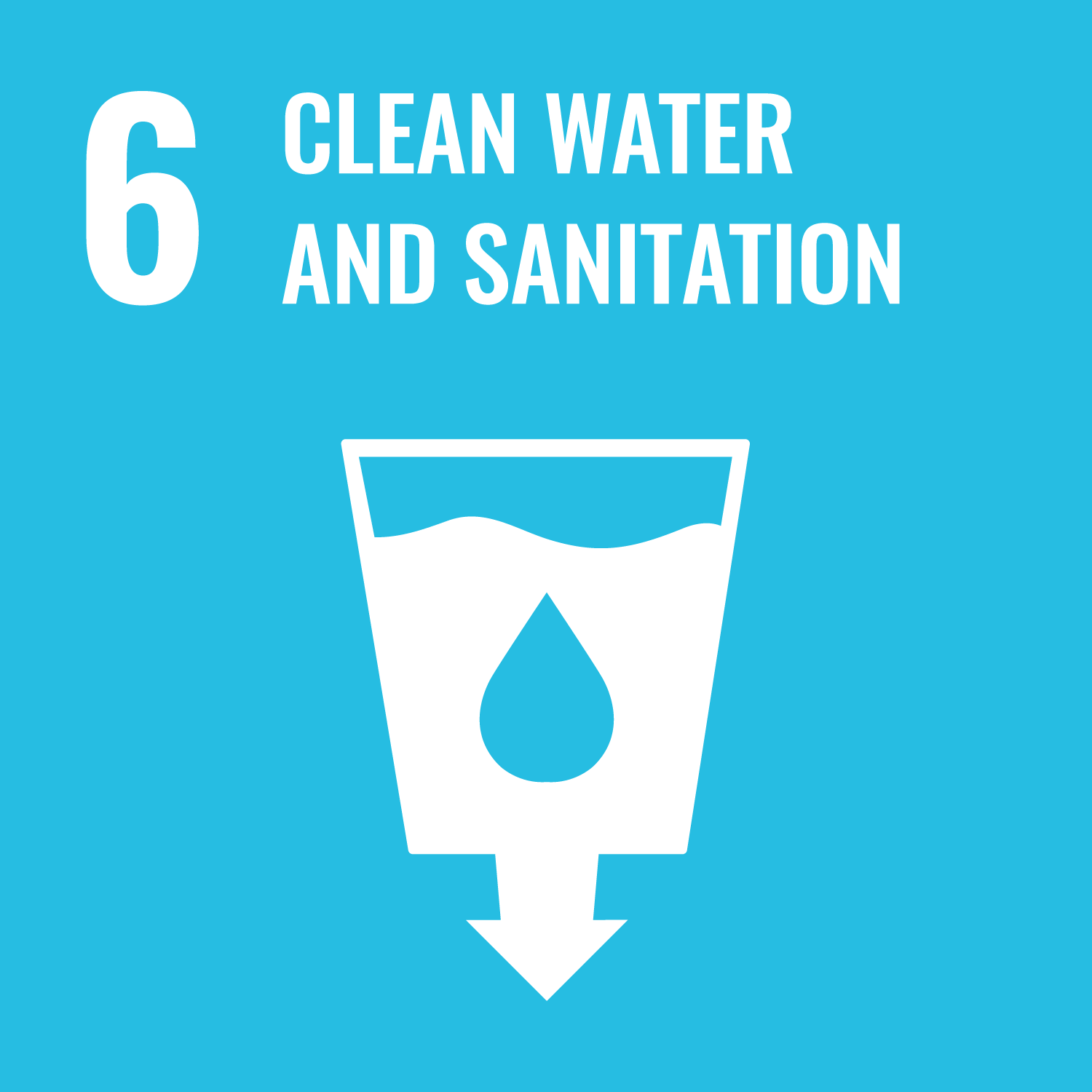







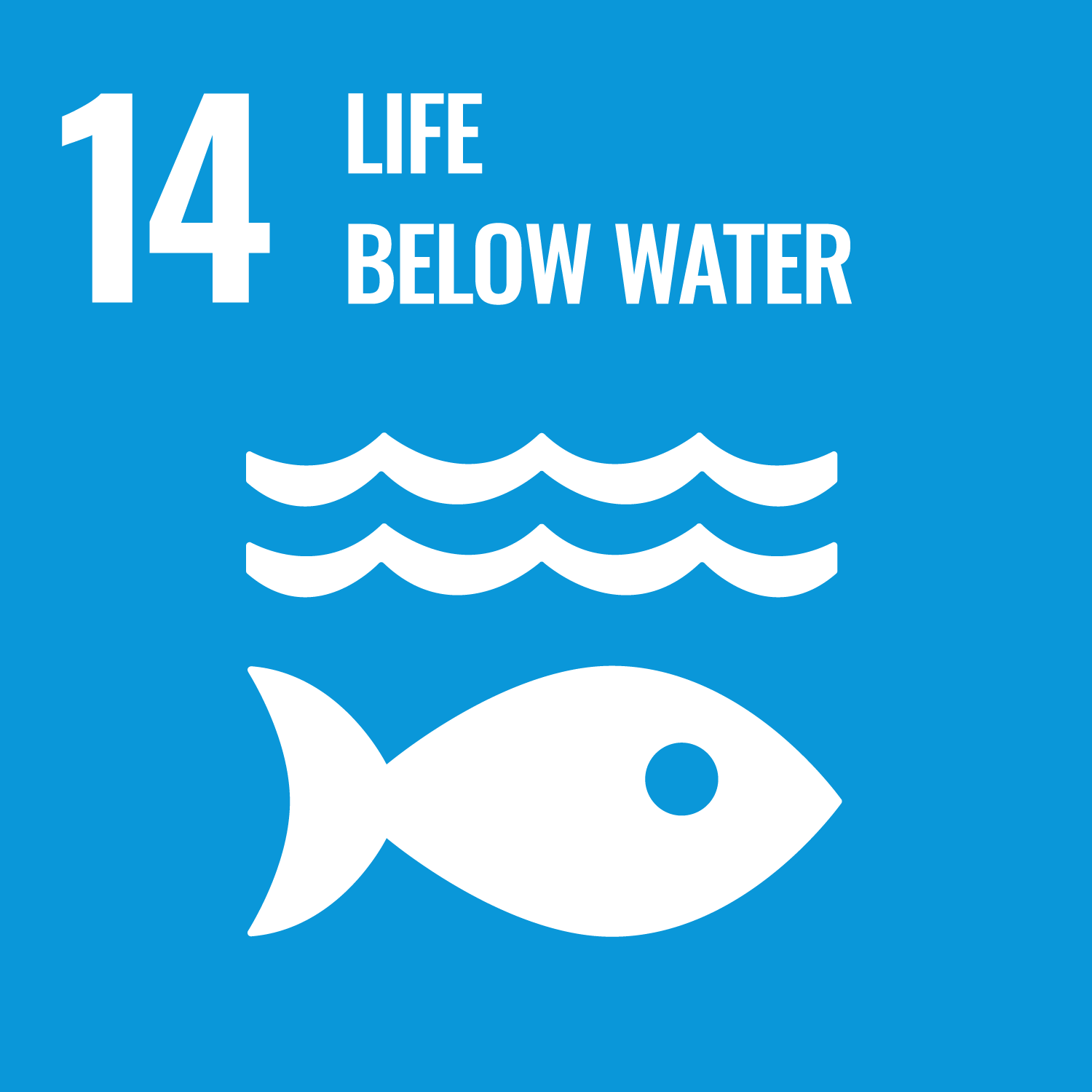
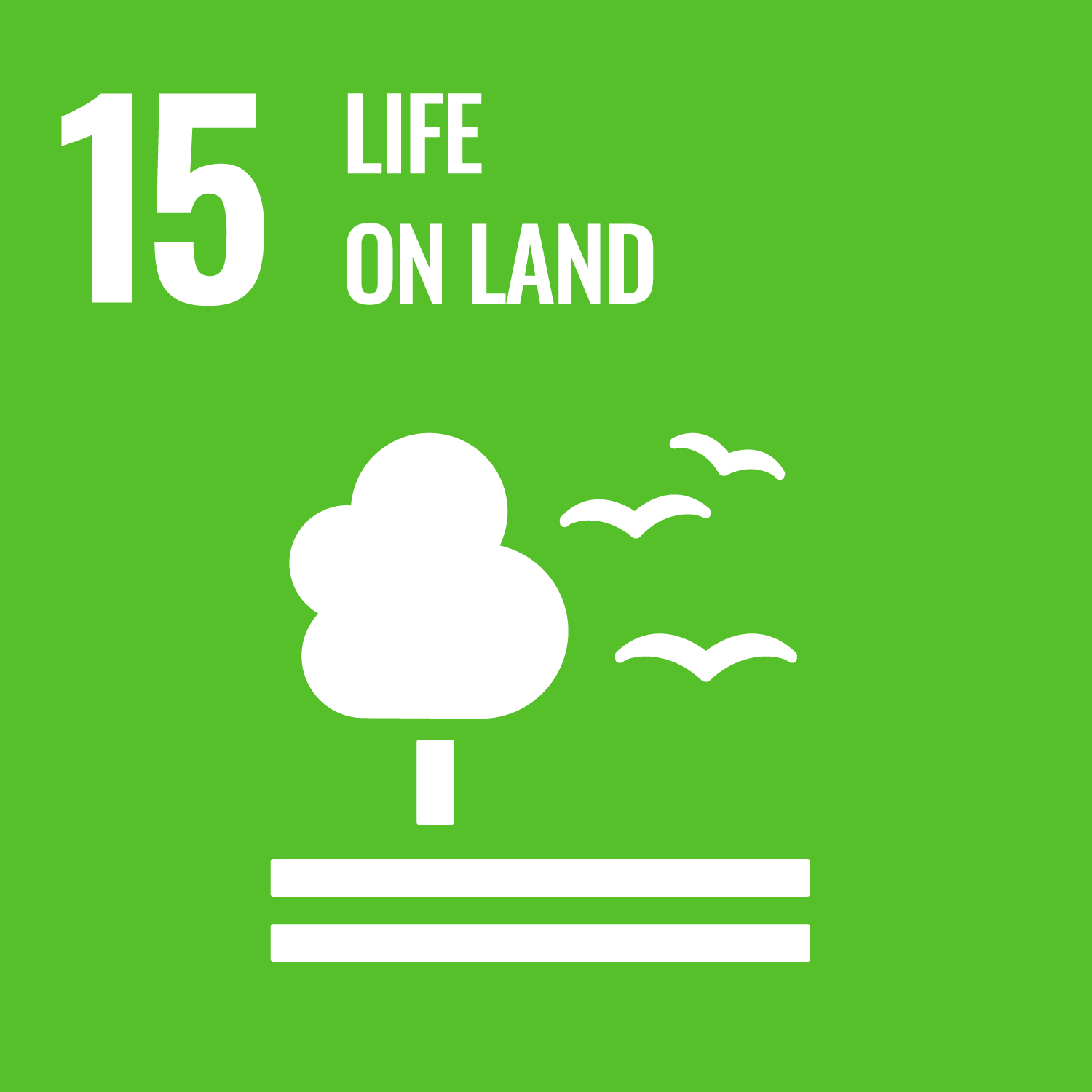


- 1.NO POVERTY
- 2.ZERO HUNGER
- 3.GOOD HEALTH AND WELL-BEING
- 4.QUALITY EDUCATION
- 5.GENDER EQUALITY
- 6.CLEAN WATER AND SANITATION
- 7.AFFORDABLE AND CLEAN ENERGY
- 8.DECENT WORK AND ECONOMIC GROWTH
- 9.INDUSTRY, INNOVATION AND INFRASTRUCTURE
- 10.REDUCED INEQUALITIES
- 11.SUSTAINABLE CITIES AND COMMUNITIES
- 12.RESPONSIBLE CONSUMPTION & PRODUCTION
- 13.CLIMATE ACTION
- 14.LIFE BELOW WATER
- 15.LIFE ON LAND
- 16.PEACE, JUSTICE AND STRONG INSTITUTIONS
- 17.PARTNERSHIPS FOR THE GOALS
Last modified : Wed Mar 12 04:13:07 JST 2025
